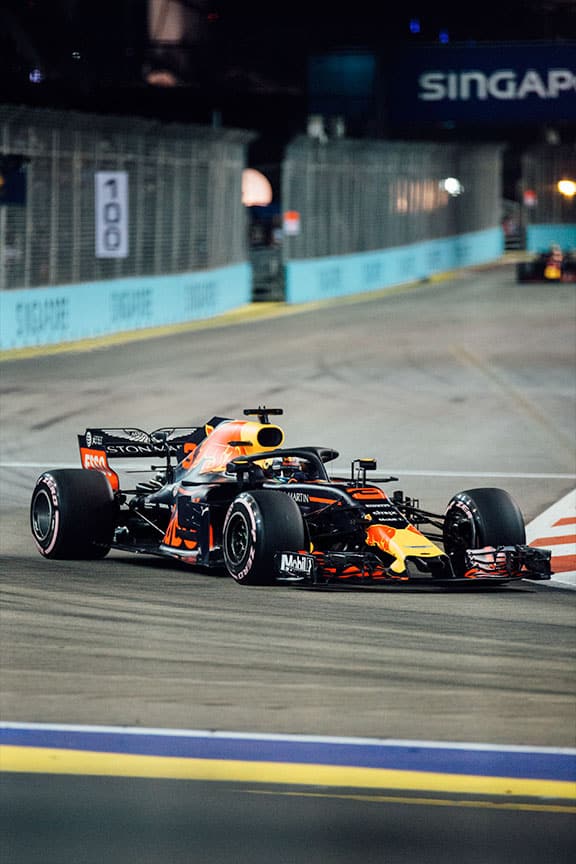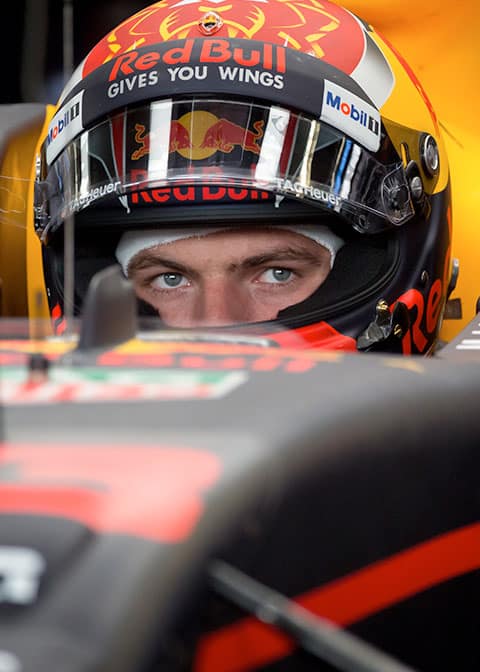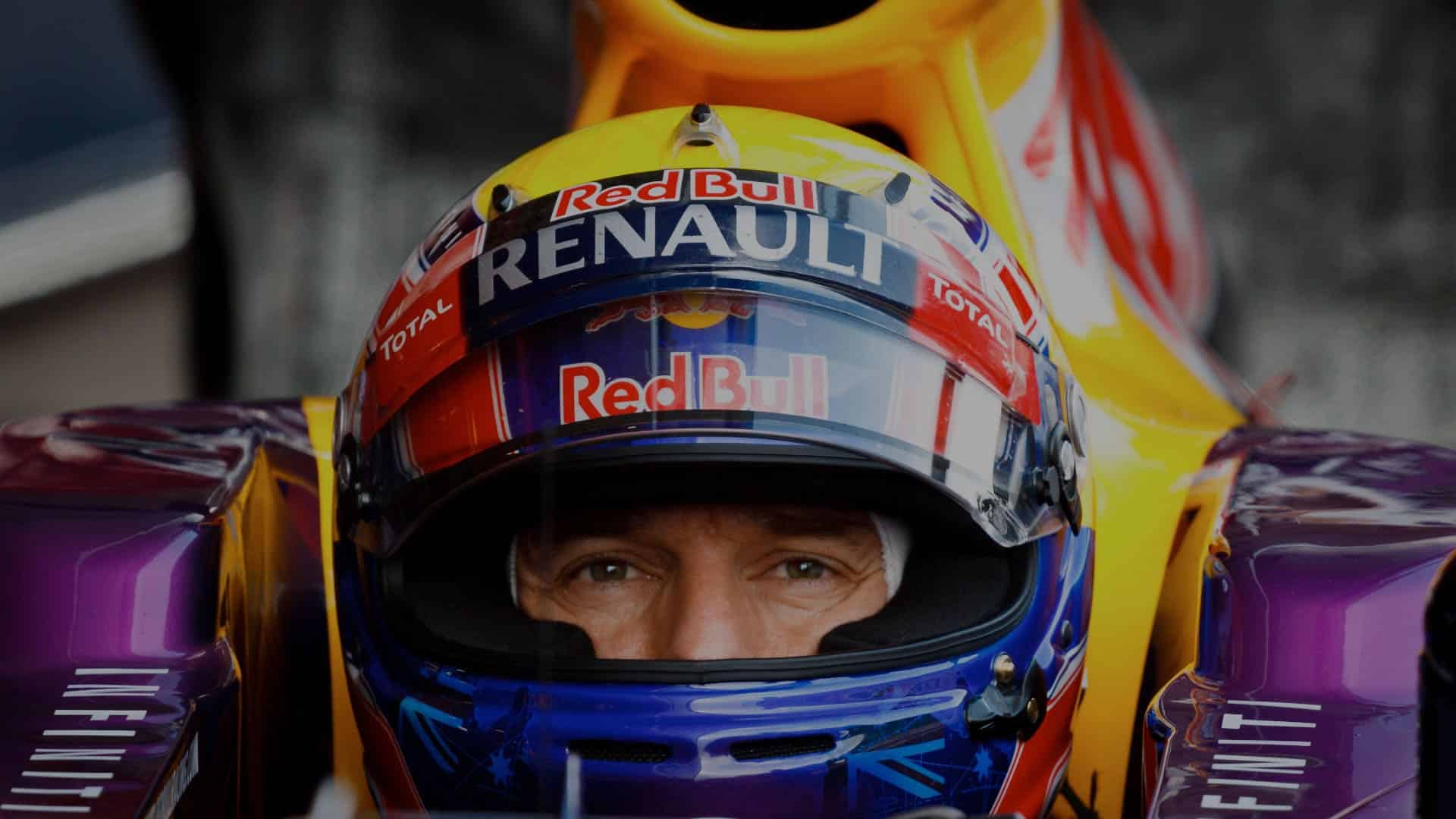In F1, the slightest gesture, the slightest latency in the driver’s reaction. Decision making will have an impact to be number 1 in f1. This is a sport where you have to be constantly and extremely focused.
Also, working on vigilance and sustained attention can allow the driver to improve his ability to position himself on the circuit. To react quickly to handle different information.


All this field of cognitive and mental training applied to the F1 discipline is nothing less than revolutionary. Xavier Feuillée revolutionized the preparation of car drivers offering them exercises that are no longer only physical training.
In his institute (321 Perform) located in Font-Romeu, near Andorra, he welcomes car drivers in search of better performances.
That after noticing the lack of the mental aspect in the drivers’ training explains the interview he gave to Sport Auto magazine
"Thanks to this, he [the driver] will be more skilful and precise in his movements ".
In 2015, 35% of the athletes at this center offering cognitive training became European or world champions.
Our Neural Trainer light pods are part of this new field of preparation adapted to motor sports.
On the one hand, by improving reaction time. Which can be extremely useful during the qualifying phase, when drivers only have a few attempts to make their best time. Also, improving performance a is a real challenge.
But on the other hand, by working on the mental and the performance of the neurovisual sensors. They allow a car driver to be more calm and relaxed during a race.
And for all people who practice F1 in a virtual way (in E-sport) you will find on this link an illustration of what cognitive training can lead to.

LCE Distribution